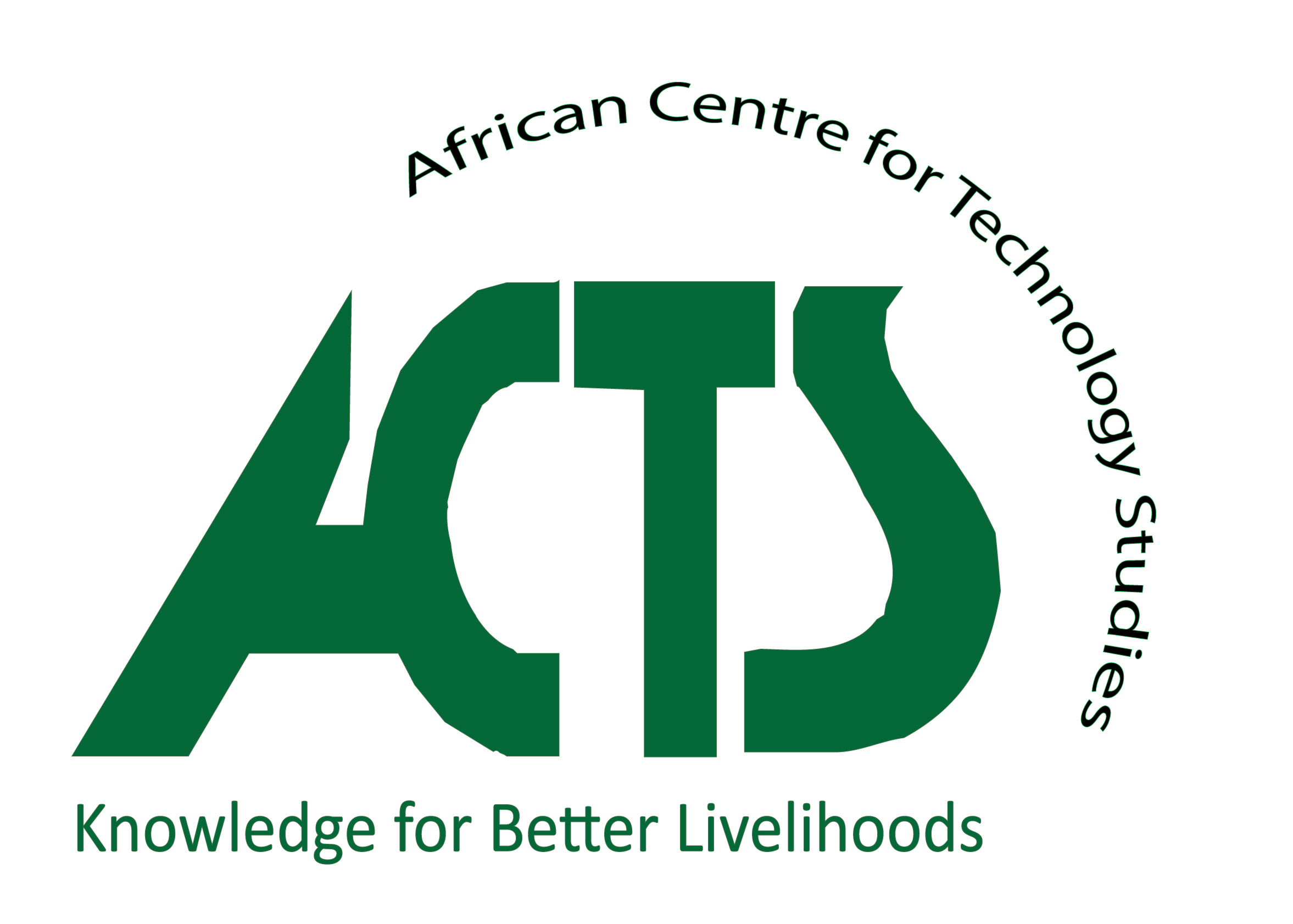Vaccine-preventable diseases such as polio, measles and tetanus kill hundreds of thousands of children under the age of 5 every year.
By Dr. Rebecca Hanlin
Add to this the number of children who could be saved from diseases for which vaccines are currently being developed – and so comprehend the full potential of vaccines. Traditionally, research and development (R&D) for vaccines were not deemed as profitable as research and development for drugs, because most vaccines around the world are given free through state-sponsored schemes. As a result, by the mid-1990s, very little R&D into new generation vaccines was taking place. The challenge of ensuring that new generation vaccines would nonetheless be created gave rise to new forms of collaboration.
Many of these were public-private partnerships that brought together public sector money and private sector know-how to enable more research or more effective delivery mechanisms for existing vaccines. Examples of such partnerships include product development partnerships (PDPs) such as PATH’s Malaria Vaccine Initiative (MVI) or issues-based partnerships such as Gavi, the Vaccine Alliance.
MVI and other PDPs work to bring together researchers from around the world – often combining public sector and private sector skill sets – to work on new combinations of chemicals and other ingredients to produce longer-lasting or more efficacious vaccines or new delivery mechanisms (for instance, to remove the need for cold storage, which is often unreliable or lacking in parts of the developing world). MVI is in the last stages of developing the first vaccine for malaria in collaboration with the GlaxoSmithKline pharmaceutical company. Gavi, the Vaccine Alliance brings together funders and public health organizations to increase the procurement and supply of vaccines to treat childhood illnesses to the most remote villages around the world. It also incentivizes pharmaceutical companies to produce large quantities of existing or new generation vaccines at affordable prices through innovative financing mechanisms.
"Even if a vaccine is available, it won’t necessarily eradicate the disease it was designed to protect children against".
Gavi, the Vaccine Alliance can be seen as a ‘second generation’ collaboration. Started in 2000, slightly later than the ‘first generation’ PDPs, it doesn’t develop the product itself, but acts more as a facilitator through its use of finance incentive mechanisms. PDPs, on the other hand, have traditionally worked as knowledge brokers or integrators, supporting new vaccine development in a much more ‘hands on’ way. PDPs bring together different actors who each contribute different skill sets and expertise. Other partnerships work more as integrators, bringing in outside knowledge, internalizing and modifying it to be more usable for the wider scientific community.
A key element of both generations of collaborative partnership (PDPs and newer facilitating partnerships) is the focus on alleviating health problems affecting the poorest in society. Because such partnerships work as ‘social technologies’, they can get more drugs and vaccines to the most vulnerable people in developing countries than the private pharmaceutical companies who are the traditional producers of these products.
Social technologies are the important organizational and institutional arrangements that support physical technology development. The concept is useful for two reasons. First, it recognizes that physical technologies – in this case vaccines to prevent diseases affecting children – are affected by a wider set of cultural, economic, political and social factors that determine how and if they are developed, implemented and used. Second, it reminds us to focus not only on the successful design, development and implementation of physical technologies (such as new or existing vaccines), but also on the institutional and organizational issues that underlie these processes.
Even if a vaccine is available, it won’t necessarily eradicate the disease it was designed to protect children against. The difficulties of eradicating polio around the world present a good example of the importance of recognizing wider factors at play. Childhood polio mass vaccination campaigns have successfully eradicated this disease from the majority of the world’s countries. Unfortunately, polio is still endemic in Afghanistan, Nigeria and Pakistan. In these countries, vaccination campaigns have been hampered by cultural and political factors – for instance, in some places, mothers and fathers refuse to allow their children to be immunized; in others, the immunization campaigns have proven extremely dangerous to carry out.
Thinking about the institutional and organizational issues that underpin successful vaccine design, development and implementation also enables researchers and policymakers to focus on an important but often under-recognized, indirect impact of vaccine development partnership activities – the building of developing countries’ scientific and research capability. This capability is important because it creates the basis for long-lasting and far-reaching opportunities for developing countries to undertake their own research into problems affecting their populations.
While this often starts from building capabilities around clinical research related to vaccine development, it also leads to the training of new generations of scientists, clinical researchers, laboratory technicians and ancillary staff (nurses, counselors and peer educators) who go on to win their own research grants and work on new and different projects. Such capabilities are essential for economic growth and inclusive development, including in least developed countries. They enable researchers and scientists to find the right physical and social technologies required for the benefit of child health within a more stable economic environment. For more information please click here


